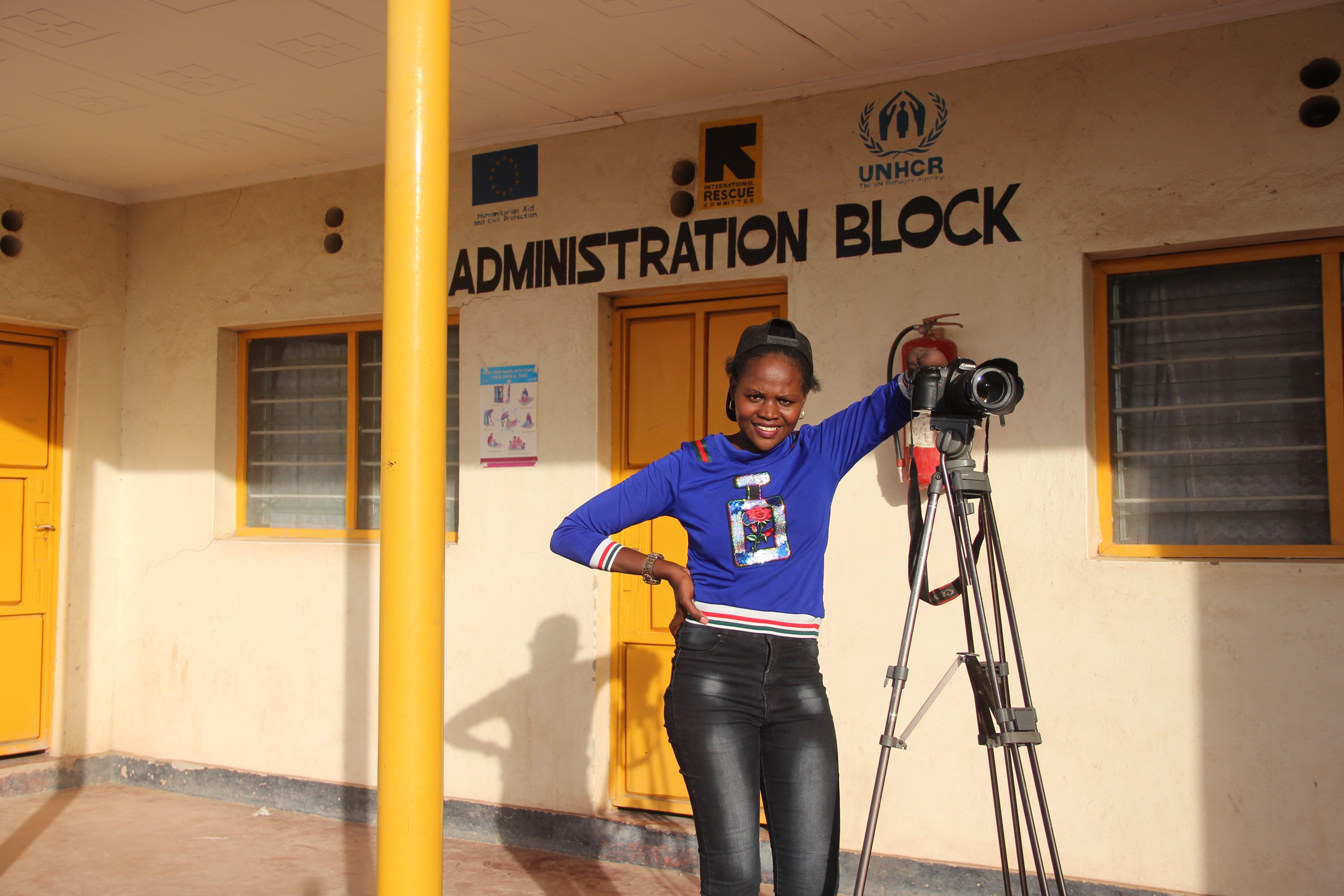
21-year-old photographer Patience Dosita Uwiduhaye is a go-getting force-of-nature who has never let anything stand in the way of her goals.
Originally born in the Democratic Republic of the Congo, at a young age, Patience’s parents were killed and her hand was cut off during the brutal civil war. She was adopted by a woman with disabilities who she credits for helping her to learn to live with one hand.
Patience later made her way to Nairobi after her adoptive mother died. It was here she joined an International Rescue Committee programme which gave her training in photography and videography, boosting her confidence to pursue her career.
We recently asked Patience to capture an IRC event at Kakuma Refugee Camp in northwest Kenya, where over 40 specialist doctors came to perform surgeries and offer treatment. Their mission was to provide healthcare to as many people as possible, many of whom had been waiting months – and even years – to be seen.
Kakuma refugee camp is home to 186,000 refugees and asylum-seekers, 58,000 people more than it’s been designed for. Health services are stretched and it’s particularly difficult for people to access specialist services. Patience, being a refugee herself, believes it’s now important for her to be able to photograph refugees, as she has a shared understanding of their experience.
Here are five photographs Patience captured from the event:
1.
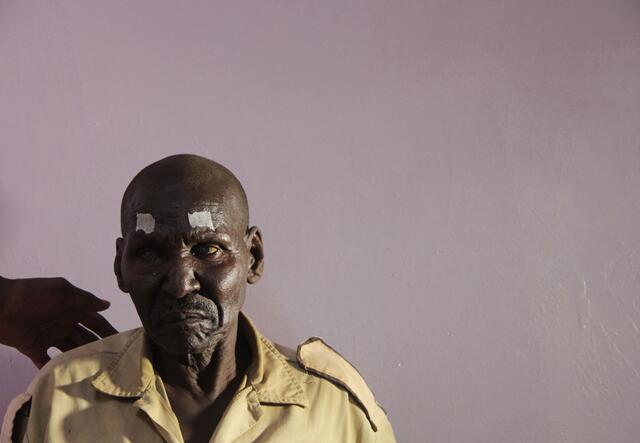
2.
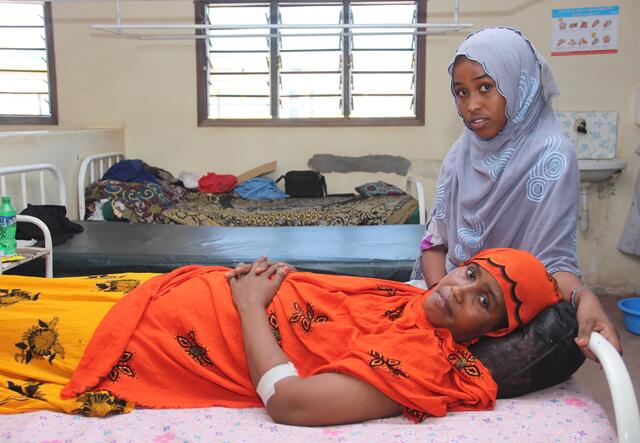
3.
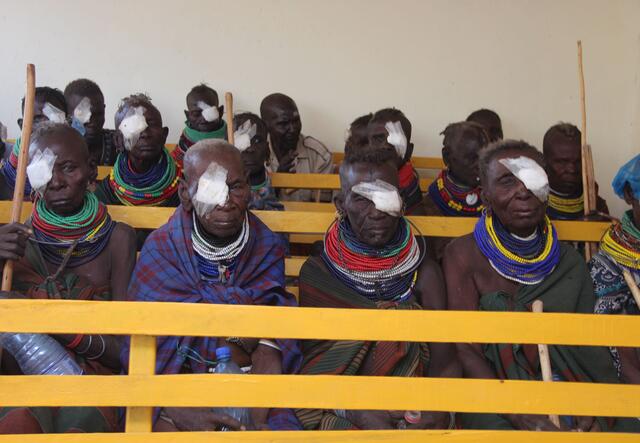
4.
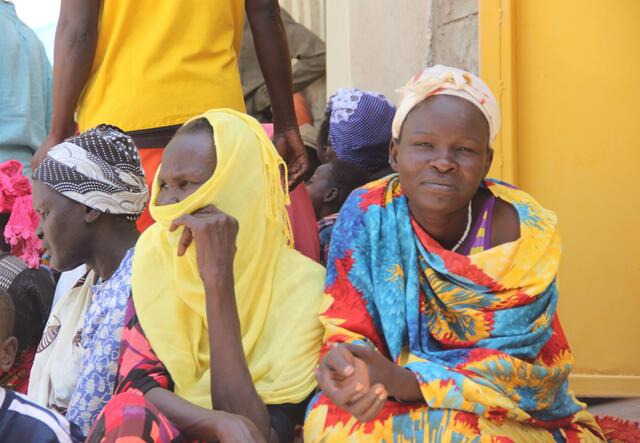
5.
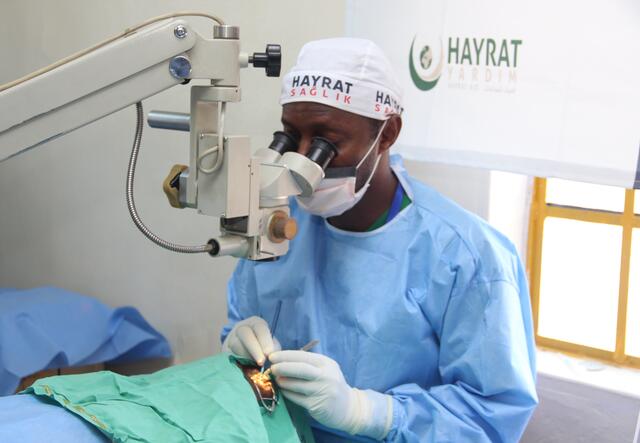
The International Rescue Committee worked in collaboration with UNHCR, TIKA, Kakuma Mission and the Turkana County medical services to implement this 10-day event.
Health facilities in Kakuma Refugee Camp are supported by the European Commission's Humanitarian aid and Civil Protection department (ECHO).